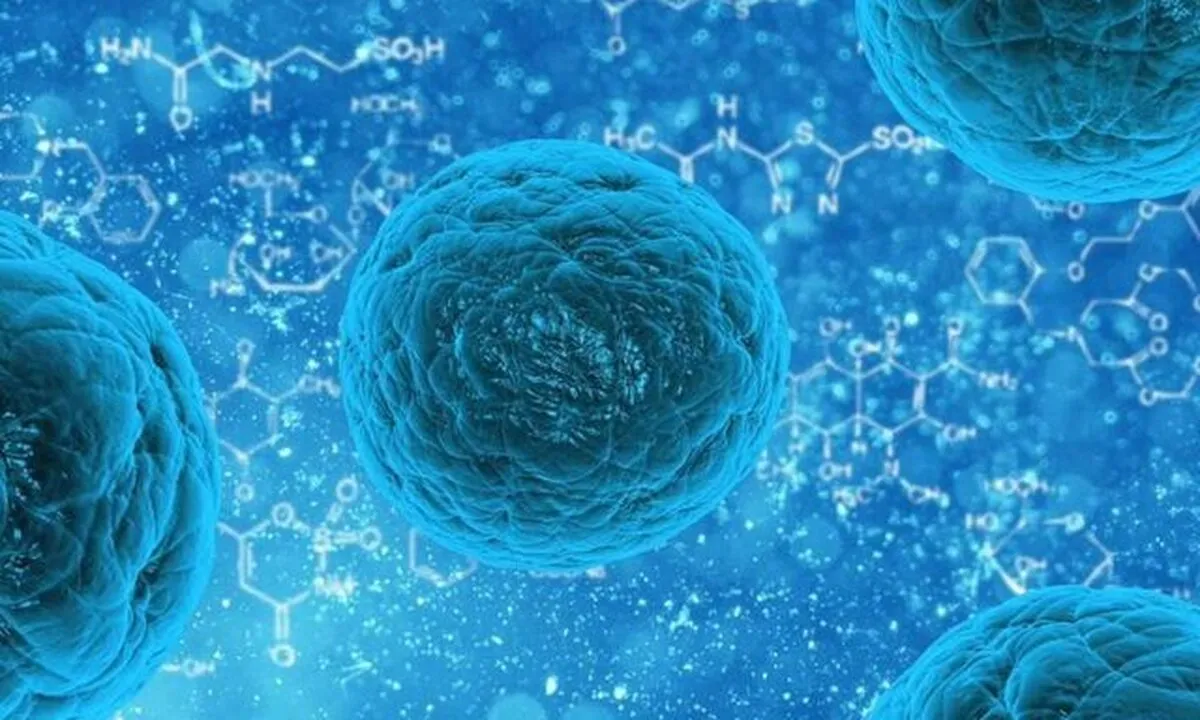Iranian Researchers Survey Behavior of Stem Cells to Control Blood Diseases

According to report by public relations department of the Iran National Science Foundation (INSF), with the INSF support, the researchers surveyed the behavior of stem cells to control blood-related diseases and obtianed results that they used to contain transplant rejection reactions during the expansion of regulatory cells in the laboratory environment.
“Isolation and in vitro Expansion of Regulatory T Cells from β-Thalassemia Major Kids and in vitro Evaluation of Their Plasticity and Inhibitory Effects in the Presence of Pro-Inflammatory Cytokines” is the title of Ph.D dissertation done by Amir Hossein Mansourabadi with the support of INSF.
Mansourabadi explained that tissue transplantation is considered a treatment of choice for patients with organ failure or correction of congenital blood defects. Bone marrow hematopoietic stem cell transplantation, also as a subset of tissue transplantation, is a clinical treatment approach for the treatment of fatal diseases caused by internal defects in one or more of a hematopoietic cell line, such as malignant blood diseases such as leukemia and pre-leukemia, or non-malignant blood diseases that It is used to restore the ability to produce normal blood cells to the patient.
This researcher further explained that β-Thalassemia is caused by a defect in the production of hemoglobin beta chain, and hematopoietic stem cells are often provided from blood donors after performing procedures to help treat this disease.
According to him, surveying the frequency of peripheral blood Treg cells of people with thalassemia compared to healthy people, the inhibitory function of Treg cells before and after expansion in people with thalassemia and healthy people, and investigating the amount of possible contamination during expansion are among the goals that were pursued in the project.
“And fortunately, we were able to use the results of this project in inhibiting transplant rejection reactions during the expansion of regulatory cells in the laboratory environment,” Mansourabadi added.
Regarding the challenges they faced in carrying out the project, he stated that sampling children to conduct this research was one of our main challenges; “Because the parents either did not allow this or had little cooperation,” he said.
The researcher further said the sanctions also made it difficult for them to import what they needed during the research. Anyway, he expressed hope that the findings of the research could be useful in the medical field in the future.
4155/v





















